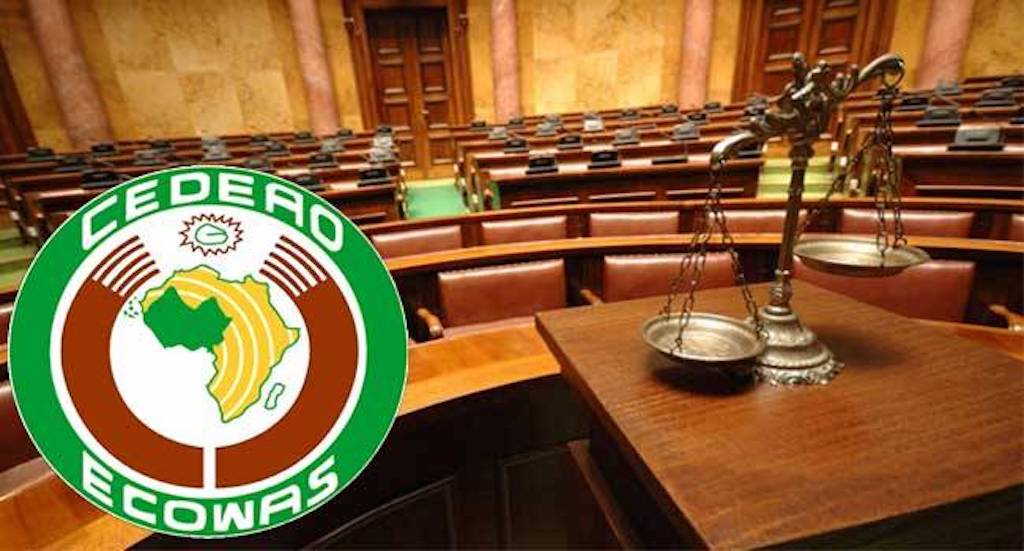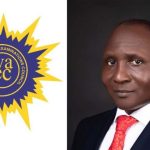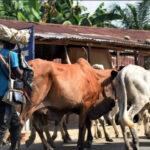
Burkina Faso, Mali, and Niger Republic are set to be cut off from the $702bn strong Economic Community of West African States economy following their planned exits.
This potential exit could further worsen widespread food insecurity in the region as well as backfire on already fragile economies.
A report from Bloomberg on Wednesday highlighted that the trio of countries are all landlocked and among the poorest in the region, with their annual per-capita gross domestic product of less than $1,000. It stated that exiting the ECOWAS region would expose them to increased tariffs and restrictions on the movement of goods and financial flows.
In an emailed note, head of macro-strategy at FIM Partners, Charlie Robertson, wrote of the exit, “The military coup leaders who control Burkina Faso, Mali, and Niger have managed to score the silliest own goal since the UK voted for Brexit.
“They take out eight per cent of Ecowas’ GDP and lose access to markets like Nigeria and Ghana, which together have a GDP of $467bn.”
Members of the economic bloc benefit from the free movement of goods, capital, and people within, and trade between its 15 members is dominated by Ivory Coast, Ghana, and Nigeria, and remains relatively small at about $277m and has the potential to grow to as much as $2bn over the next few years, the International Trade Centre said in 2023.
The PUNCH recently reported that the exit of the three countries may weaken the $277.22bn trade of ECOWAS with the rest of the world while weakening the regional economic bloc’s contribution to the African Continental Free Trade Area.
On Sunday, the three countries in a joint statement released in Ouagadougou, Bamako, and Niamey by their military leaders, Capt. Ibrahim Traoré (Burkina Faso), Col. Assimi Goita (Mali), and Brig. Gen. Abdourahamane Tiani (Niger Republic), announced their withdrawal from the regional economic bloc.
They said, “After 49 years of existence, the valiant people of Burkina, Mali, and Niger note with much regret, bitterness, and great disappointment that their organisation has moved away from the ideals of its founding fathers and pan-Africanism.”
They added, “… taking all their responsibilities in the face of history and responding to the expectations, concerns, and aspirations of their populations, decide in complete sovereignty on the immediate withdrawal of Burkina Faso, Mali, and Niger from the Economic Community of West African States.”
Commenting on the ECOWAS situation in a hybrid press briefing on Tuesday in Johannesburg, the International Monetary Fund’s chief economist, Pierre-Olivier Gourinchas, noted that the IMF is currently monitoring the situation.
Gourinchas said, “On the impact of Mali, Niger, and Burkina Faso leaving ECOWAS, that was announced yesterday, this is something that of course we are monitoring.
“We are taking note it is a bit early to assess what the impact is going to be. But of course, our assessment is that in general, having an integrated economic area is something that is going to be favorable, conducive to trade, and conducive to higher growth. And sort of moving away from this is going to have the opposite effects.”













